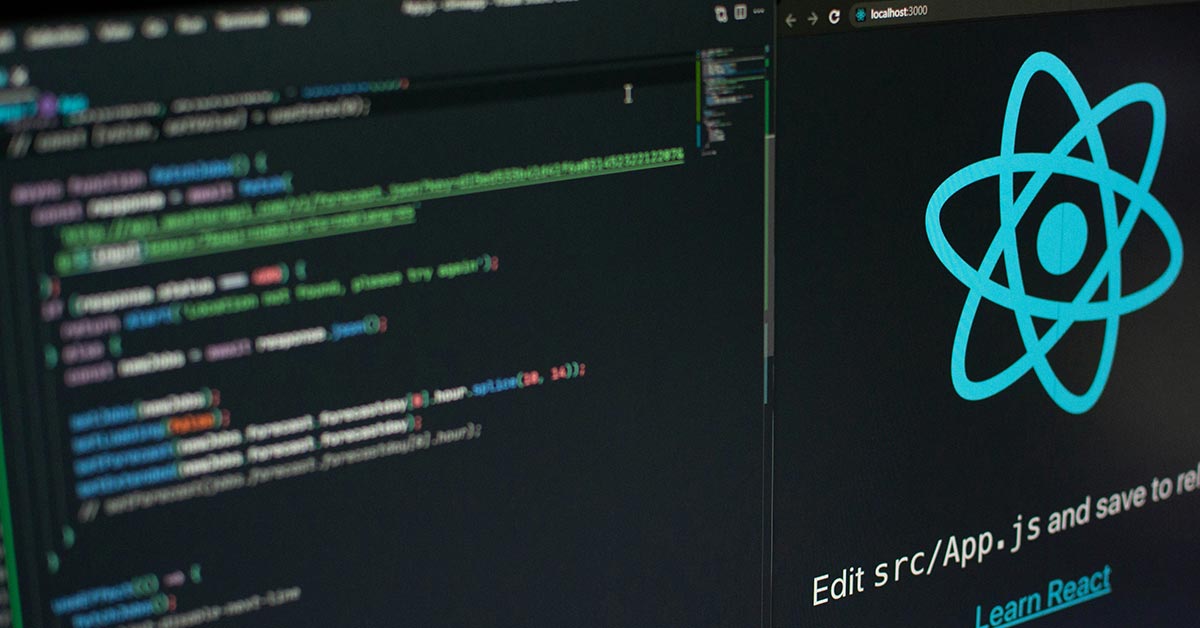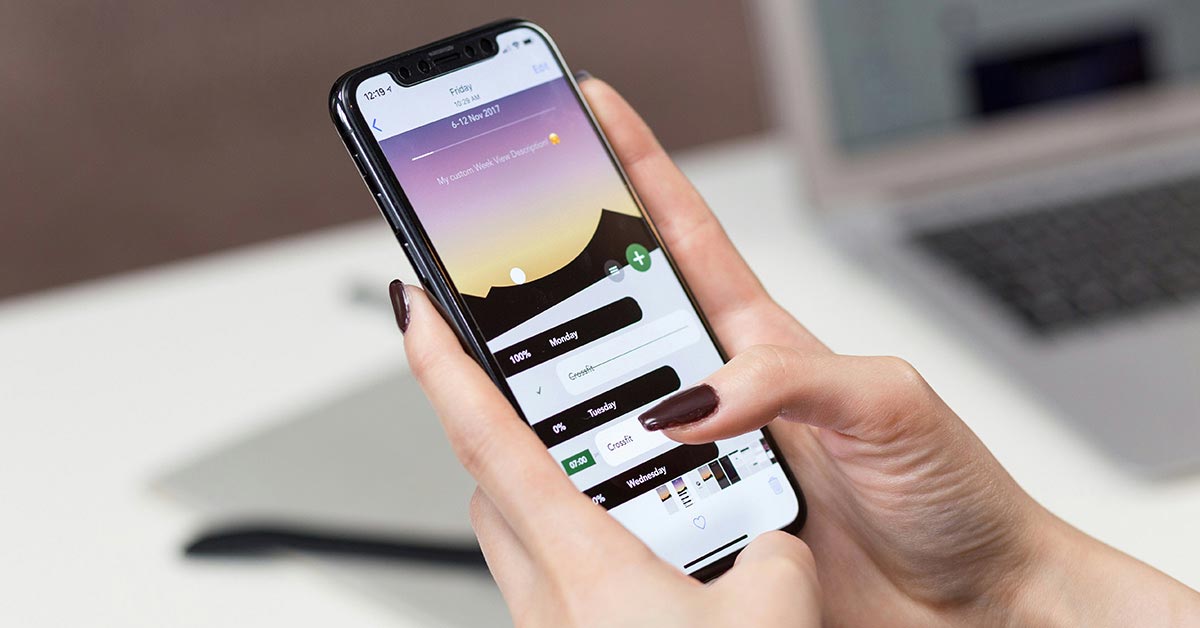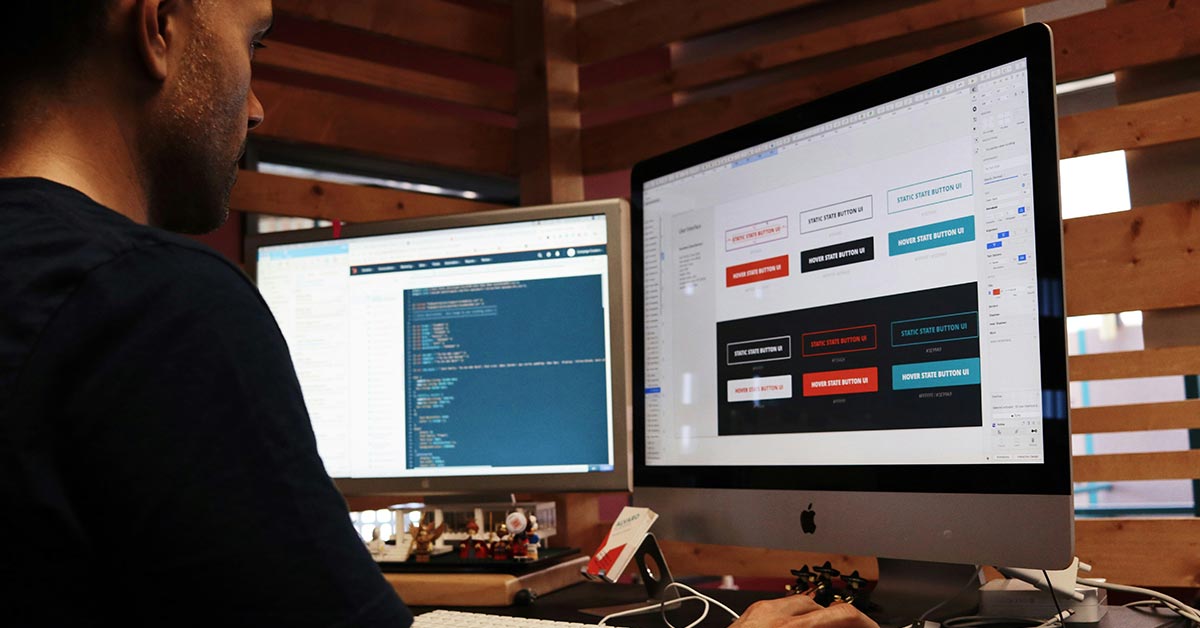When it comes to app development there is a choice to be made: to develop for Android or iOS. Before you jump into development, you have to consider what will work best for your project. To help you decide, this blog covers the differences between Android and iOS app development.
App Store
Something obvious to get us started. Android and iOS apps are for different app stores and different devices. Android apps are available on the Google Play Store, while iOS apps are available on the Apple App Store. While iOS is Apple device specific, Android covers a large range of brands’ devices including Samsung, Google, OnePlus, Motorola and Sony.
Programming Language
There are several programming languages for app development, split between their use for Android, iOS or cross-platform development.
Java and Kotlin are programming languages for Android. Swift and Objective-C are both for iOS, though Objective-C was largely replaced by Swift and is now used for maintaining existing Objective-C apps. The language above refers to languages used for ‘native’ app development with other languages such as JavaScript, Flutter, C#, etc. being used for cross-platform development. The difference between native (for either Android or iOS) and cross-platform (for both Android and iOS) apps is discussed later.
Development Environment
For Android apps, developers use Android Studio which can be used on Windows, Mac or Linux. Developers are more constrained when developing iOS apps as they are limited to using Xcode on Mac.
User Interface Guidelines
The user interface (UI) guidelines also differ between Android and iOS. The Android guidelines, called Material Design guidelines, offer greater flexibility to developers and UI designers. They encourage using bold colours, typography, imagery, animation and motion. In comparison, the iOS guidelines, Human Interface Guidelines, outline the use of white space with apps having a clean and consistent look and specifications on the placement of navigation and tab bars whilst similarly to Android also encouraging colour and typography.
Hardware Compatibility
Because Android is for many devices across many companies, developers must consider how their app will work across these devices. In comparison, as iOS is limited to Apple devices, this means there is more consistency in the hardware making it easier for developers.
Native vs Cross-Platform
A native app will only run on the operating system it is designed for, so a native iOS app will only run on iOS and NOT Android and vice versa. The other option to a native app for either Android or iOS is to develop a cross-platform app.
If you want to develop an app for both Android and iOS but don’t want to have to develop two separate versions, then cross-platform might be your way forward. Cross-platform app development means that you are creating one app that works across both Android and iOS. There is the clear benefit of catering to all users and only having to develop one app, but there are also drawbacks.
Cross-platform apps suffer some performance loss due to not being designed for the specific system and the apps being larger in size. There is also the possibility that the design of the app will suffer due to not being optimised for the individual operating system.
Cross-platform app development frameworks include React Native, Flutter, Xamarin, NativeScript, Ionic and Kotlin Multiplatform Mobile.
Cross-platform development is a useful and effective development option. It works best for simple apps, primarily those for business use. If you’re looking to develop content heavy and fast apps such as games, then you may be better to use native development.
Conclusion
To decide what approach you are going to take, there are a few things you should consider:
- Your app requirements – What will your app do and how important are features like design and performance?
- Your target customers – Who are they and do they use one type of device more commonly than the other?
- Your expertise – Do you have experience with one format that will make it the easier to create your app?
- In-house or outsource – If you want access to skills you don’t have in house, then you could outsource your project to a software development company.
Once you have considered your options and come to a decision the work can really begin on making your app idea a reality. So Android, iOS or both, we hope this blog has helped clarify the differences between developing apps for the platforms
Want to read more about how to develop your app? We have a blog for that!















